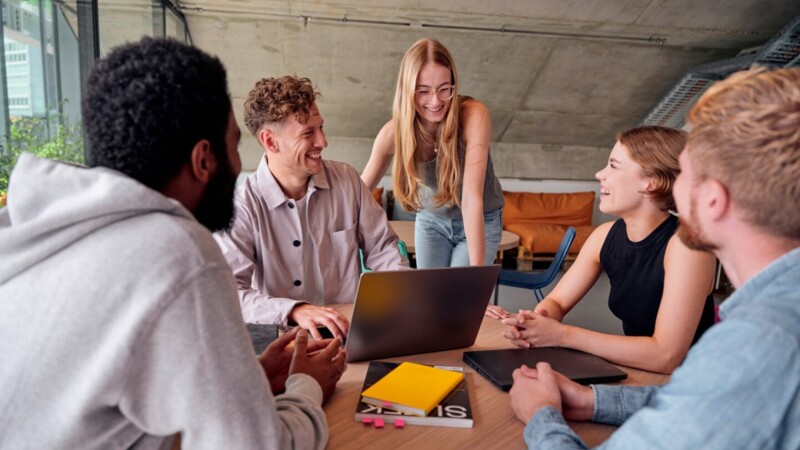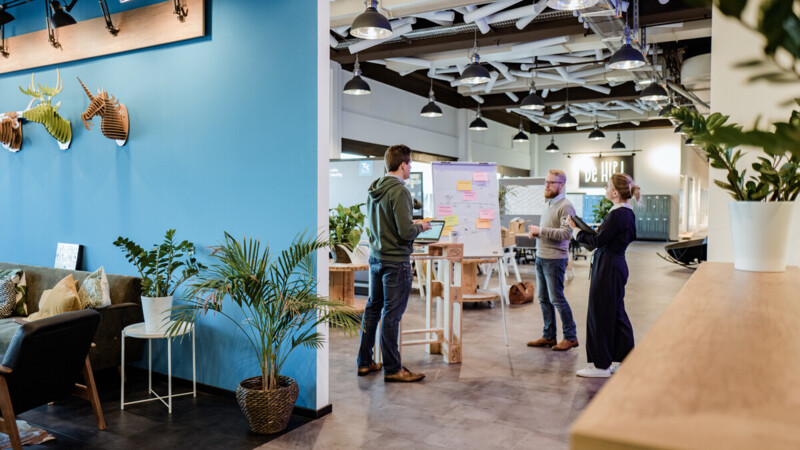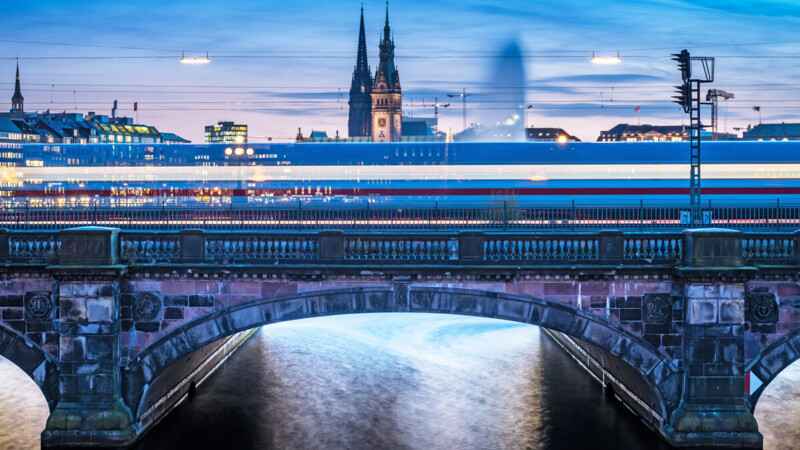"Sustainability and climate neutrality can only be achieved, if we successfully slash the consumption of resources and rethink systems. This huge challenge holds huge business potential for both established companies and start-ups," said Helmut Schönenberger, Deputy Chairman of the Startup Verband or association and CEO of UnternehmerTUM. Start-ups could potentially play key roles as catalysts of innovation and build bridges between science and commerce. More than half of the start-ups co-operate with universities and research institutions which makes it easier to turn the latest research findings into sustainable business models. Sustainable start-ups frequently work with established companies making them catalysts of innovation and economic change, according to the monitor, which is funded by the German Environmental Foundation.
Nearly a third of all start-ups in Germany are focusing successfully on sustainability. Around 39 per cent of companies can now prove their sustainability impact with facts and figures compared to 27 cent in the previous year. Thus, green start-ups are driving economic transformation, according to the Green Startup Monitor 2024, a project by the Borderstep Institute and the Startup Association. Many start-ups focus on ecological and economic goals in a bid to combat the climate crisis and bolster the energy transition and circular economy.
Building bridges between science and business
Women account for 24 per cent of founders
The high share of women in top jobs at start-ups is particularly noticeable at 24 per cent compared to merely 17 per cent in traditional companies. Many Hamburg-based women are at the forefront of sustainability. The founders of Traceless, Dr Anne Lamp and Johanna Baare, for instance, have come up with an alternative to plastics based on natural ingredients. Meanwhile, Patricia Christians, an eco-trophologist, and her start-up Green Food Planet, are developing tailor-made strategies to guide food companies towards sustainability and make them climate-friendlier. Stella Blohmke and Valéa Vadaleau, founders of Kybele, are taking a stance against fast fashion. A like-minded entrepreuner, Nadine Herbrich, and founder of Recyclehero, collects recyclable materials from private households, restaurants and offices and returns them to the local cycle. This business idea earned her a nomination as a "Hamburg 2024 Starter". Another bright young woman, Johanna Zoern, the founder of Hinterland was among the winners of the Hamburg Startups competition. The idea behind her start-up is essentially a platform for small Spanish olive-tree growers and farmers. Those interested buy an olive tree in support of fair pay and the use of traditional and natural farming methods.
mm/sb/pb
Sources and further information
More
Similar articles

Hamburg backing ten international green tech start-ups

Startup events in Hamburg and beyond this year

Winners of Future Hamburg Award 2023 announced
